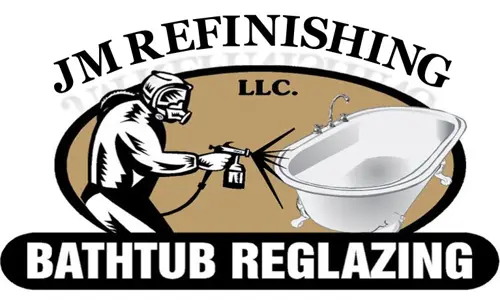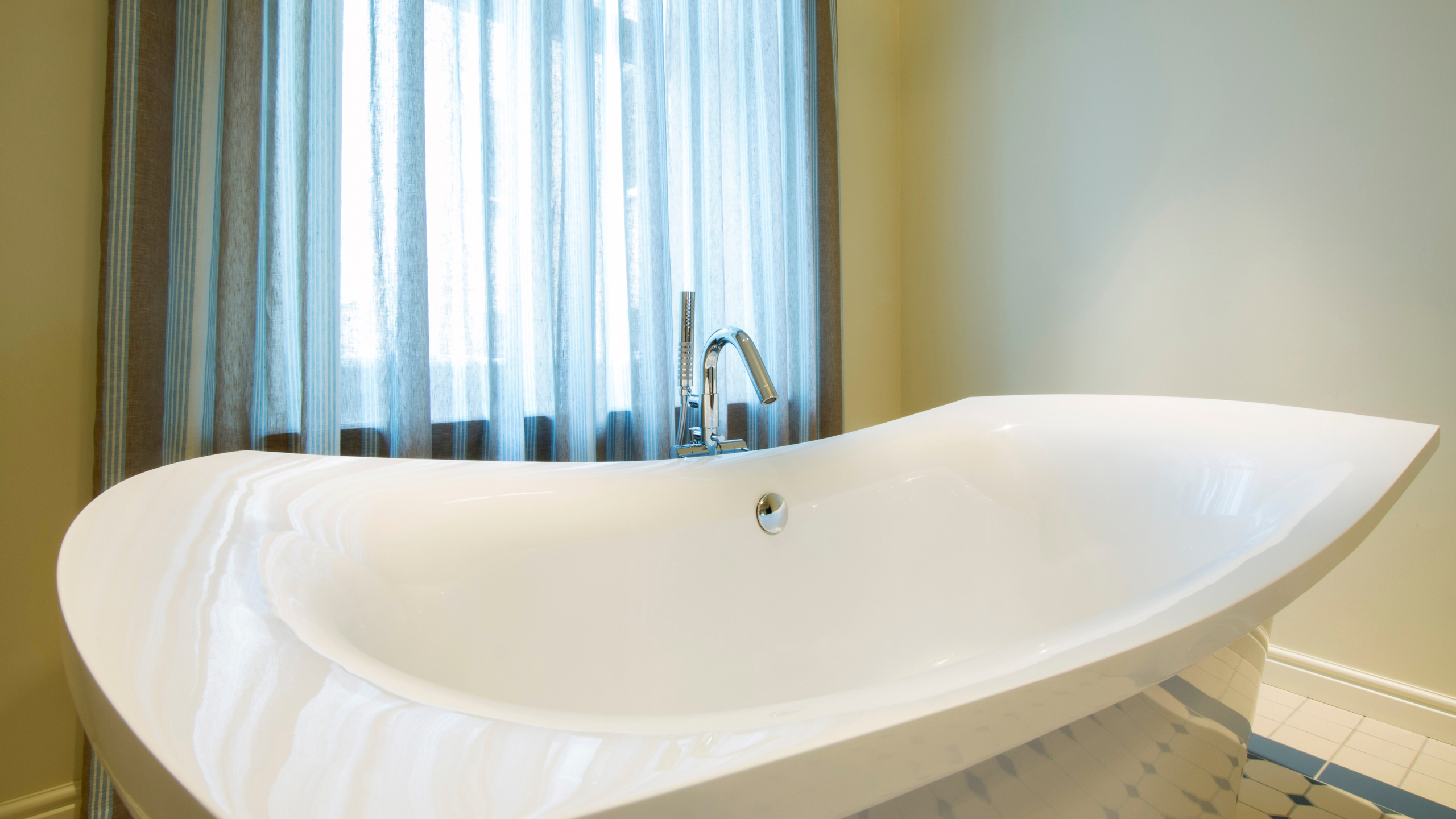Choosing the perfect bathtub for your home is a daunting task. Your bathtub significantly influences the aesthetic of your bathroom and how cozy it feels. Therefore, understanding the various types of bathtubs is crucial. Each type has its advantages and drawbacks. Once familiar with them, you can select the one that best fits your preferences.
In this article, we’ll delve into the diverse array of bathtubs and materials on the market. We’ll examine each type closely, highlighting their distinct features and discussing their pros and cons. By familiarizing yourself with these options, you’ll gain valuable insight when selecting the perfect bathtub for your bathroom. Let’s embark on this exploration to discover the ideal bathtub for you!
Is your bathtub or shower stall a time capsule from decades ago? Love your bathroom fixtures, but loathe those dated counters? Finding the idea of renovating overwhelming? Don’t stress! Wayne Bathtub Refinishing is at your service. Contact us at (862) 292-4948 to get started.
Top Picks: Bathtubs and Materials
Designing your ideal bathroom retreat hinges on choosing the perfect bathtub. Whether you crave indulgent soaking or seek efficient space solutions, the realm of bathtubs presents an array of options to fulfill every requirement and taste. Within this thorough guide, we’ll delve into the spectrum of bathtub types, empowering you to navigate the abundance of choices with assurance and insight.
1.Alcove Bathtubs:
Alcove bathtubs are a classic favorite for numerous bathrooms, celebrated for their space-efficient design and ease of access. Positioned snugly against three walls, they prove ideal for compact spaces or bathrooms adhering to a conventional layout. Crafted from diverse materials like acrylic, fiberglass, and enameled steel, alcove bathtubs boast versatility and budget-friendliness. Nevertheless, they might need to command a different visual allure than freestanding tubs and demand extra upkeep to thwart mold and mildew accumulation in the alcove space.
2. Freestanding Bathtubs:
Radiating elegance and refinement, freestanding bathtubs frequently steal the spotlight in bathroom aesthetics. Available in various materials, sizes, and shapes, these standalone tubs, crafted from acrylic, cast iron, and stone resin, offer multiple options. With unmatched versatility and luxury, freestanding bathtubs invite ample opportunities for customization and individualization. Despite necessitating more floor space and potentially carrying a higher price tag than alternatives, their captivating aesthetics, and spa-like ambiance render them a favored choice among homeowners aspiring to cultivate a lavish sanctuary within their residences.
3. Corner Bathtubs:
Perfect for optimizing space in compact bathrooms, corner bathtubs snugly nestle into room corners, effectively utilizing otherwise vacant areas. Available in a myriad of shapes and configurations, ranging from classic rectangular to modern triangular or oval designs, these bathtubs cater to diverse tastes. Crafted from materials like acrylic and fiberglass, corner bathtubs present a pragmatic solution for homeowners aiming to maximize their bathroom layout without compromising style or comfort. Nonetheless, their distinct shape may restrict bathing positions and accessibility for certain users.
4. Drop-In Bathtubs:
Drop-in bathtubs are seamlessly integrated into a framed enclosure and finished with a surrounding deck, achieving a unified appearance. These customizable tubs provide flexibility in design and material selections, enabling homeowners to craft a bathing experience tailored to their needs and tastes. Available in materials ranging from acrylic to cast iron, drop-in bathtubs seamlessly blend functionality with aesthetics, earning them popularity among those seeking a personalized and cohesive bathroom design.
By acquainting yourself with the diverse array of accessible bathtub types and weighing their advantages and limitations, you can select the perfect bathtub for your bathroom. Whether you prioritize space-saving functionality, opulent aesthetics, or customizable design options, there exists a bathtub suited to your unique lifestyle and preferences. Take your time to explore the myriad choices available, and consider consulting with an expert to ensure you discover the ideal bathtub to transform your bathroom into a tranquil and rejuvenating sanctuary.
Bathtub Materials: Advantages and Disadvantages
1. Acrylic: Pros of acrylic tubs include affordability, lightweight construction, and various shapes and sizes. However, they are prone to scratching and may lack the durability found in other materials.
2. Fiberglass: Fiberglass tubs are cost-effective, easy to install, and resistant to scratches. However, they tend to fade over time and may offer a different level of durability than other materials.
3. Cast Iron: Renowned for their durability and ability to retain heat, cast iron tubs exude luxury and have a long lifespan. Nonetheless, their weightiness may require additional assistance during installation.
4. Stone Resin: These premium tubs boast a natural, abundant appearance and excellent heat retention properties. Nevertheless, they are heavy and have a higher price tag.
Conclusion
When selecting a bathtub for your bathroom, it’s crucial to consider your budget, space constraints, and individual preferences. Each bathtub material offers advantages and drawbacks, thus it’s critical to thoroughly consider both before making a choice. Moreover, enlisting the services of a reputable contractor can guarantee proper installation, enhancing the longevity and functionality of your bathtub. You can transform your bathroom into a tranquil and revitalizing sanctuary with the perfect bathtub.


